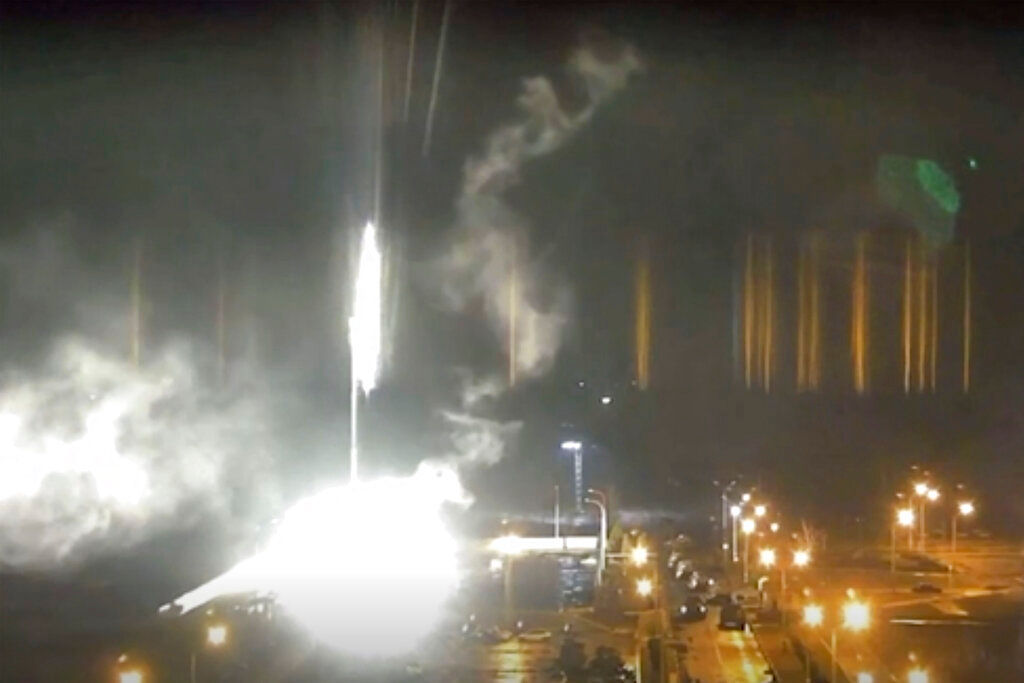The Zaporizhzhia nuclear power plant in the city of Enerhodar in Ukraine has reportedly been taken over by Russian forces.
News of the development comes from the International Atomic Energy Association (IAEA), which tweeted on Sunday that Ukraine’s nuclear regulator was facing problems communicating with staff at the Zaporizhzhia nuclear power plant, before clarifying that the plant had been taken over by Russian forces.
“#Ukraine’s nuclear regulator tells IAEA it is having problems in communicating with staff operating #Zaporizhzhya Nuclear Power Plant,” tweeted the IAEA.
Also read | Evacuation disrupted in Ukraine’s Mariupol after Russian shells killed 2 children
“#Ukraine informs IAEA that regular staff continue to operate #Zaporizhzhya Nuclear Power Plant, but plant management is now under orders from commander of Russian forces controlling site,” the nuclear watchdog added in an update, clarifying that Russia had taken over the plant.
“DG @RafaelMGrossi deeply concerned with latest developments,” the IAEA added, tagging Director General Rafael Grossi.
The Zaporizhzhia power plant had come under attack from Russian forces approximately three days ago. With six reactors, each generating 950 MW, the Zaporizhzhia station’s total power generation capacity stands at 5,700 MW, making it the largest nuclear power station in Europe.
Also read | ‘Very credible’ reports of war crimes by Russia in Ukraine: Anthony Blinken
The attack on Zaporizhzhia came days after the Russians took control of Chernobyl, the site of the world’s worst nuclear disaster. Although Chernobyl is a defunct power plant now, it is still staffed and maintained.
Meanwhile, in a call with US Senators on Saturday, Ukraine President Volodymyr Zelensky also said that Russian forces were advancing towards Ukraine’s second largest nuclear power plant, the Yuzhnoukrainsk Nuclear Electricity Station in Mykolaiv Oblast.
In light of the Russian attacks on nuclear facilities in Ukraine, authorities in the eastern European country have accused Russia of “nuclear terrorism” and has also sent shockwaves throughout the world, culminating in emergency meetings to discuss nuclear security.







